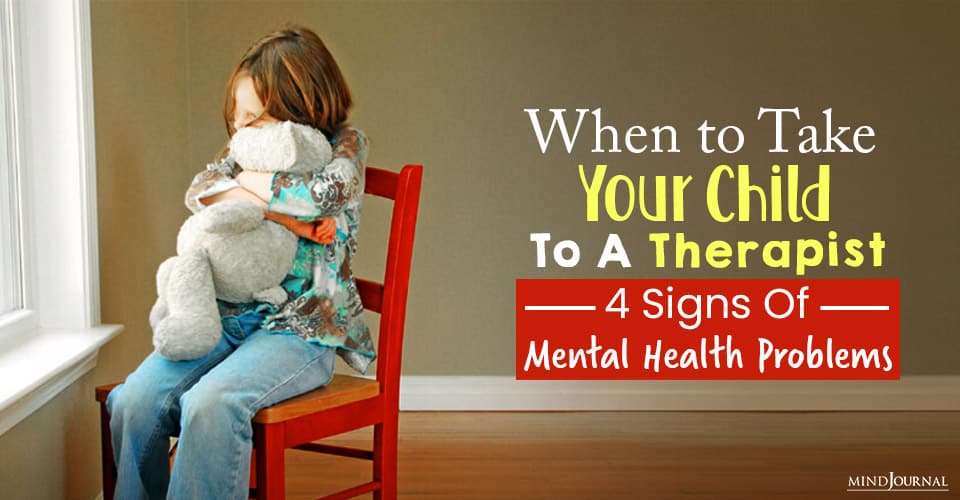How would you know if your child is suffering from mental health problems? What are the signs you should look for to understand that your child needs help?
The rising suicide rates among young children have become a public health issue in the country. Parents must take extra care of young kids to ensure that their kids are emotionally healthy. The number of young children and teenagers being taken to emergency centers for attempted suicide has doubled since the last decade.
If your kids are showing signs of depression, anxiety, and overall negativity, you should take them to see a mental health expert.
Here are some signs of mental health problems in children that you need to look out for:
1. Child Mental Health – Social Isolation
If you notice your child is distancing from their friends, it’s a cause of concern. Keep an eye out for turning down playdates and choosing to eat lunch and spending their breaks alone. Children usually like playing with other kids; a child that prefers isolation over socialization may need professional help.
Related: 14 Signs Your Child Is Struggling With Their Mental Health
2. Changes in their Habits
All children’s sleeping habits change with time. There will be periods where they feel the need to eat more and other times where their appetite will shrink. That being said, if you notice a significant change in their eating and sleeping habits for over two weeks, you should take them to a doctor to see if they’re ill. Ask your child if they’re having nightmares or having a hard time falling asleep.
3. Excessive Worrying and Fear
Contrary to what many adults think, kids also worry; as they get older and have a better understanding of their surroundings. They’re more prone to worrying. Thoughts about natural disasters, sick people around them, car accidents, etc., all creep into their day-to-day thoughts have an impact on their behaviors.
Being a supportive and empathetic parent can help mitigate their fears. But if the worrying becomes excessive and begins to impact their wellbeing then it’s a major cause of concern.
Related: 5 Simple Hacks To Raise A Confident Child
4. Self-harm
Self-harm isn’t just limited to cutting and harboring suicidal thoughts; they also include digging fingernails, forcing sharp objects or digging fingernails into the skin, pulling their own hair, and repeatedly banging their head against a hard surface are all problematic signs.
If such behaviors are continuous, you should definitely seek help from a professional.
At Pearce Counseling, our licensed child mental health expert, Jaqueline, provides effective counseling for children in NY. With her expertise and guidance, you can put an end to your child’s self-destructive behaviors.
Written by: Jacqueline D. Pearce, LMHC Originally appeared on Pearce Counseling Republished with permission










Leave a Reply